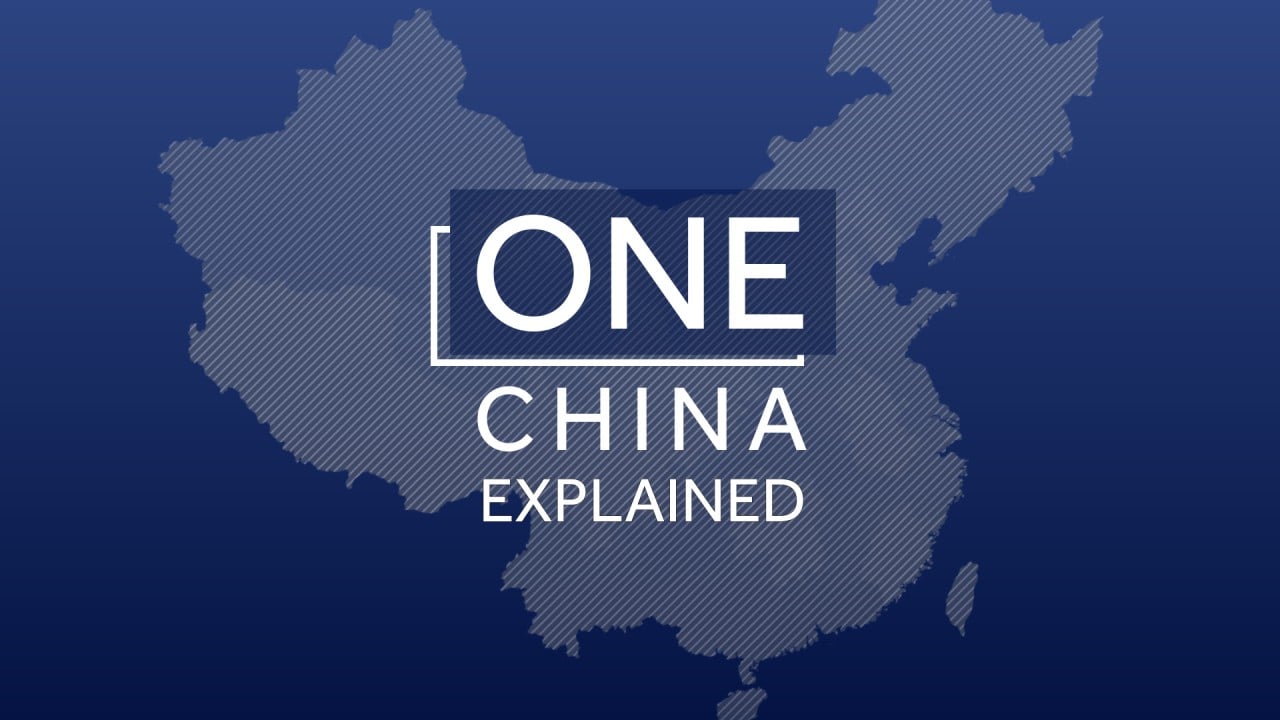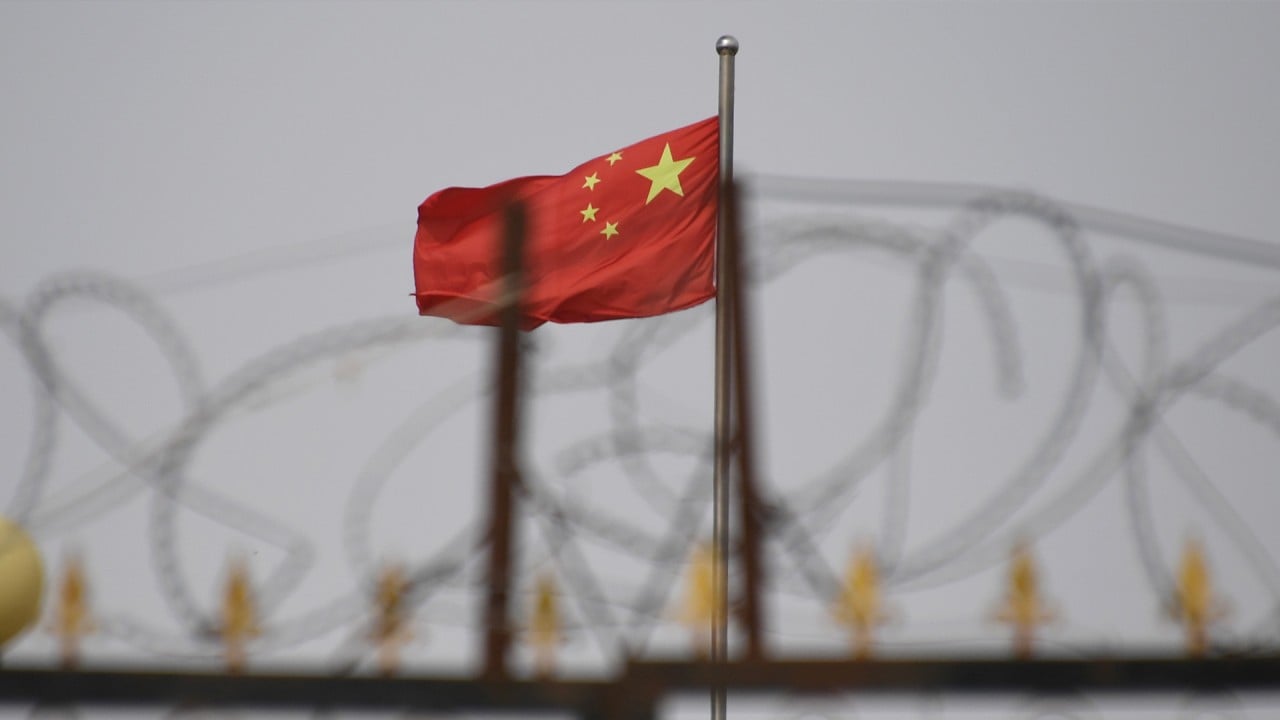
In uncertain times, China ‘needs new vision’ for Europe relationship
- Beijing may need a different approach to reinvigorate ties with the EU as the bloc readjusts its policy, analyst says
- But the country is not expected to soften its stand on moves it sees as challenging its ‘red lines’
“Regardless of the electoral outcomes, China would need to propose to the EU a new vision of relations if it wants to reinvigorate its ties with the bloc,” he said. “Trying to maintain the status quo by insisting on labelling the EU-China relations a ‘comprehensive strategic partnership’ and paying selective lip service to the European strategic autonomy will not be enough.”
The relationship is facing “unprecedented” change, according to Sun Qi, an international relations specialist at the Shanghai Academy of Social Sciences.
He said Beijing wanted to cooperate with Europe but would continue to retaliate against moves it regarded as challenging its red lines.
“China will show no hesitation in hitting back – including with economic sanctions – against EU members who follow the US to challenge Beijing’s red line over issues like Taiwan,” Sun said.

02:17
‘One China’ explained
Beijing will also be closely watching next year’s election in France, where President Emmanuel Macron’s main rival, far-right nationalist politician Marine Le Pen, could be expected to take a much tougher line on China.
“If the opposition comes to power it will be a serious setback for Sino-Hungarian relations,” Sun said.
Stec from the Mercator Institute said the election could result in a U-turn in Hungary’s China policy.
“[It could also] end Budapest’s disruptive role in attempts to create a united European China policy,” he said.

03:36
Beijing hits back at Western sanctions against China’s alleged treatment of Uygur Muslims
“China [will] need to find a way to resolve the gridlock caused by the exchange of sanctions with the EU and offer the bloc a meaningful breakthrough in market access, climate cooperation or constructively address some of Europe’s human rights concerns,” Stec said.
Zeng Jinghan, a professor of Chinese and international studies at Lancaster University, suggested it may be time for Beijing to dial down the rhetoric, particularly as Washington seeks to rally support in Europe to counter China.

